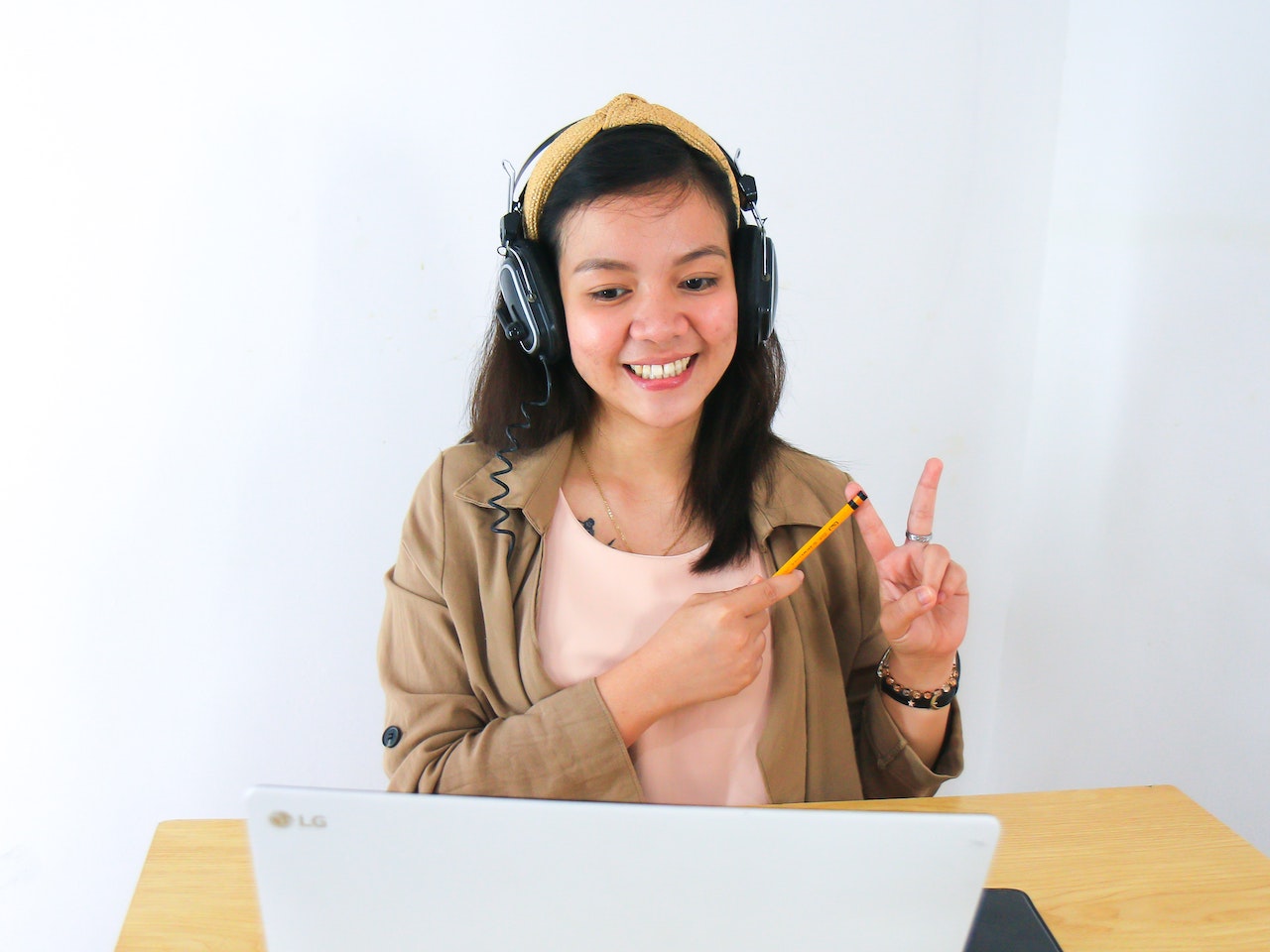With the numbers for the Delta variant of Covid trending upwards and the progression of the vaccine grinding along, the coming school year is likely to be again be fraught with unique challenges. While the vaccine is now available for kids over the age of 12, the Delta variant seems at least partially able to evade it, and kids under 12 won’t be eligible for the vaccine until very late 2021 or early 2022. Even this overview ignores the fact that vaccine hesitancy is likely to play a role in back to school planning and adjustment.
In sum, it looks as if we will again have to at least contend with some version of online education again this school year, which will provide our progeny some measure of fear and… relief? In fact, many teens and young adults have expressed a preference for online interaction versus in person. A recent study done in the UK suggested that only 23% of students preferred in person engagement to virtual. The most recent Cengage study deduced that 73% of students would like to take at least some of their classes fully online following the pandemic, and 67% would elect for hybrid courses if given the choice.
I wonder if an extension of the realities of the pandemic might further entrench these attitudes, students taking comfort in the luxuries of online education. Even the most old-fashioned among us must admit, there are certainly some pluses to the educational experience itself in virtual space. Infinite information is keystrokes away, and positioned online, there is little pretext not to employ it– the medium essentially demands it. Educational software continues to develop at an exponential rate to keep pace with the tectonic shifts beneath its own feet. As a result, online learning has become faster, more efficient and more productive.
But… the follow up concern always goes… what about the social and emotional dimensions of learning? What about organic experiences with classmates? The after class interaction with the teachers and professors? The authentic experience of being there, among like-minded peers? Consider for a moment if that assumption is actually false. Consider that the social experience of interaction online, though fundamentally different, and perhaps even biologically unsatisfying, is just as substantial as the social experience in person, or perhaps even better. Online interaction removes at least some of the awkwardness and unpredictability of in person engagement, but maintains all of its creativity and extemporaneous quality.
These are assumptions that few have been willing to consider, much less accept. Except for, maybe… the youngest among us. To them, the new normal is bagels and Zoom, Plato and a macbook, friends and the screen they exist on. And we must increasingly ask, “would that really be so bad?”







